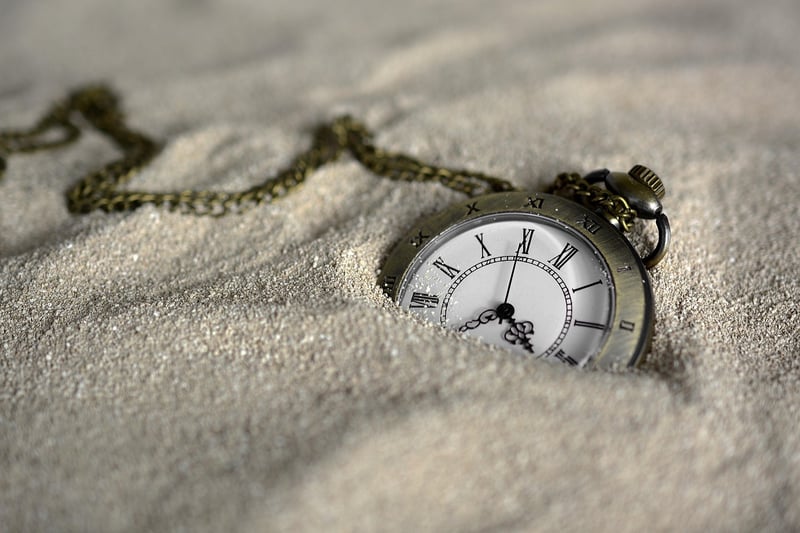Predestination Paradox
Theoretical Challenges: Exploring the Predestination Paradox
When it comes to time travel and the complexities of causality, one of the most intriguing concepts is the Predestination Paradox. This paradox raises thought-provoking questions about free will, determinism, and the nature of time itself. Let's delve into this fascinating theoretical challenge and unravel its mysteries.
Understanding the Predestination Paradox
The Predestination Paradox, also known as a causal loop, is a theoretical scenario in which a time traveler unknowingly influences past events in a way that ensures their own future actions. In simpler terms, it's a situation where the future is the cause of the past, and the past is the cause of the future, creating a self-perpetuating loop with no clear origin.
Imagine a scenario where a time traveler goes back in time to give their past self a crucial piece of information that leads them to pursue time travel in the first place. This information is essential for the time traveler's existence and their decision to go back in time, creating a loop of events with no discernible beginning.
Implications and Philosophical Dilemmas
The Predestination Paradox raises significant implications for concepts such as free will and determinism. If events are predetermined and time travelers are simply fulfilling a pre-existing timeline, does free will truly exist? Does the notion of choice become an illusion in the face of such paradoxes?
Philosophically, the paradox challenges our understanding of causality and the linear progression of time. It blurs the lines between cause and effect, suggesting that events may not have a clear origin and could be trapped in an infinite loop of influence.
Exploring Popular Culture and Examples
The concept of the Predestination Paradox has been a popular theme in science fiction literature, movies, and TV shows. Works like "Looper," "12 Monkeys," and episodes of "Doctor Who" have explored this paradox in various creative ways, captivating audiences with mind-bending narratives.
These fictional portrayals often serve as thought experiments, inviting audiences to ponder the nature of time, destiny, and the intricacies of causality. They challenge viewers to question their assumptions about linear time and the consequences of altering the past.
Conclusion
The Predestination Paradox stands as a compelling theoretical challenge that tests our understanding of time, causality, and the limits of human agency. As we continue to explore the mysteries of time travel and paradoxes, we are reminded of the complexities that lie at the heart of our perception of reality.
So, the next time you ponder the nature of time and the choices we make, remember the enigmatic Predestination Paradox and the endless possibilities it presents.

Explore more fascinating topics at Example.com
